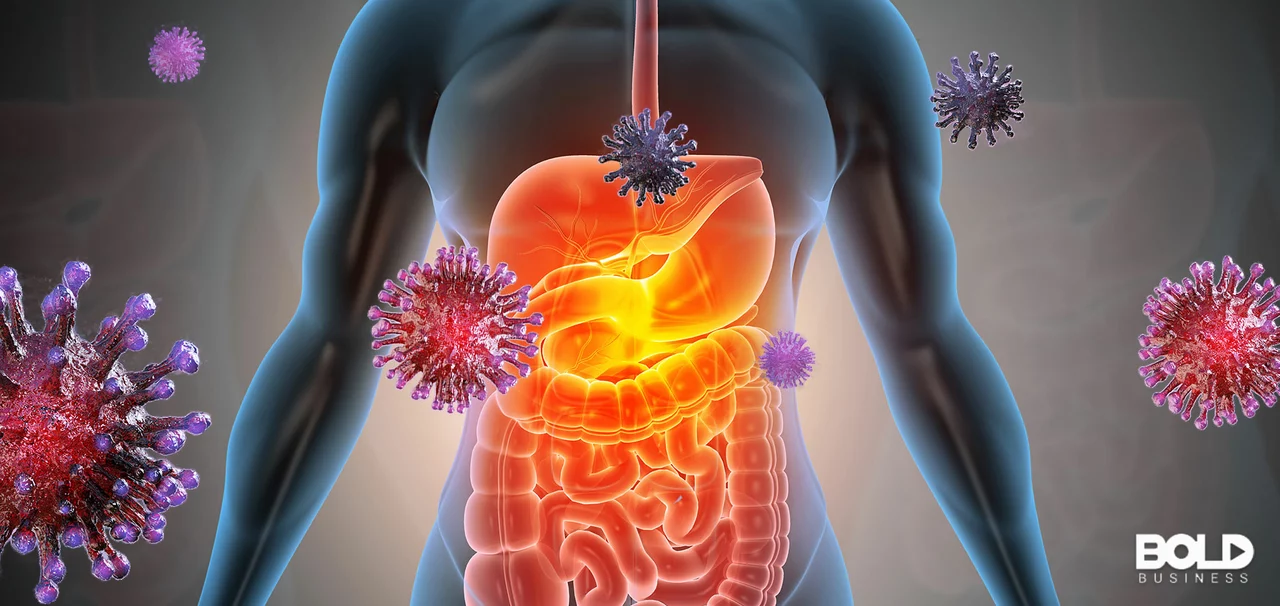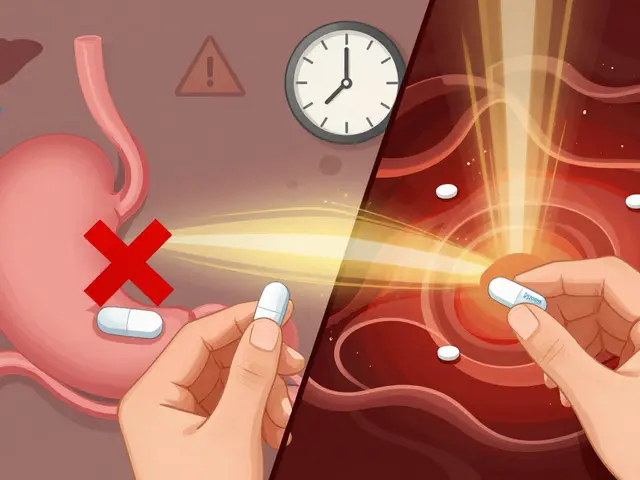Microbiome: How to Help Your Gut Bugs Work for You
Your microbiome is the mix of bacteria and other microbes living in your gut. They help digest food, tune your immune system, and even shape how some drugs affect you. Small changes in daily habits can make a big difference — and you don't need expensive tests or fancy supplements to start.
Daily habits that actually help
Eat more diverse plants. Aim for different fruits, vegetables, whole grains, nuts, and seeds across the week. Variety feeds different bacteria and keeps your gut ecosystem balanced. Try adding beans, oats, apples, and leafy greens — one new plant food every few days is an easy start.
Boost prebiotic fiber. Foods like garlic, onions, leeks, asparagus, bananas, and chicory feed beneficial bacteria. A practical target is 25–30 grams of fiber per day from whole foods. If you're not used to fiber, increase it slowly and drink plenty of water to avoid bloating.
Include fermented foods. Plain yogurt with live cultures, kefir, sauerkraut, kimchi, and tempeh introduce friendly microbes. Start with a small daily portion — a few tablespoons of sauerkraut or a small cup of kefir — and watch how your body responds.
Move more and sleep better. Regular exercise and 7–8 hours of sleep support gut diversity. Stress reduction also helps; simple breathing, short walks, or consistent sleep routines make a real difference for gut comfort.
Medications, probiotics, and when to ask for help
Antibiotics can wipe out helpful bacteria. If you need antibiotics, ask your doctor how long you'll take them and whether you should use a probiotic during or after treatment. For many people, probiotics with Lactobacillus or Bifidobacterium strains help reduce diarrhea, but timing matters: take probiotics a few hours after an antibiotic dose, not at the same time.
Certain drugs — like some stomach acid medicines or strong antibiotics such as rifampin — can cause gut upset. If a medication gives you stomach pain or persistent diarrhea, talk to your prescriber. Read our article on managing stomach issues from rifampin for practical tips and when to call your clinician.
Microbiome testing is popular, but tests vary. Most commercial tests show which bacteria are present, not what to change for better health. Use test results as a starting point, not a prescription. If you have severe symptoms (weight loss, ongoing blood in stool, or daily debilitating diarrhea), see a doctor promptly.
Thinking about supplements? A basic, well-studied probiotic can help with specific problems like antibiotic-associated diarrhea or occasional IBS symptoms. Always check with your clinician before starting supplements if you’re pregnant, immune-suppressed, or on multiple medications.
Small, consistent changes — more fiber, diverse plants, fermented foods, movement, and careful use of medications — are the fastest way to support your microbiome. Want deeper tips? Read our guides on using fiber for gut recovery and managing medication-related stomach issues to get practical steps you can try today.

The Connection Between Gut Health and Vaginal Infections
In my latest research, I have discovered a fascinating connection between gut health and vaginal infections. It turns out that a balanced gut microbiome is essential for maintaining a healthy vaginal ecosystem. When our gut bacteria are thrown off balance, it can lead to an overgrowth of harmful bacteria and yeast, which may cause vaginal infections like bacterial vaginosis or yeast infections. So, taking care of our gut health through a balanced diet and possibly probiotics is crucial in preventing these uncomfortable infections. I will definitely be paying more attention to my gut health to ensure my overall well-being.
View More




